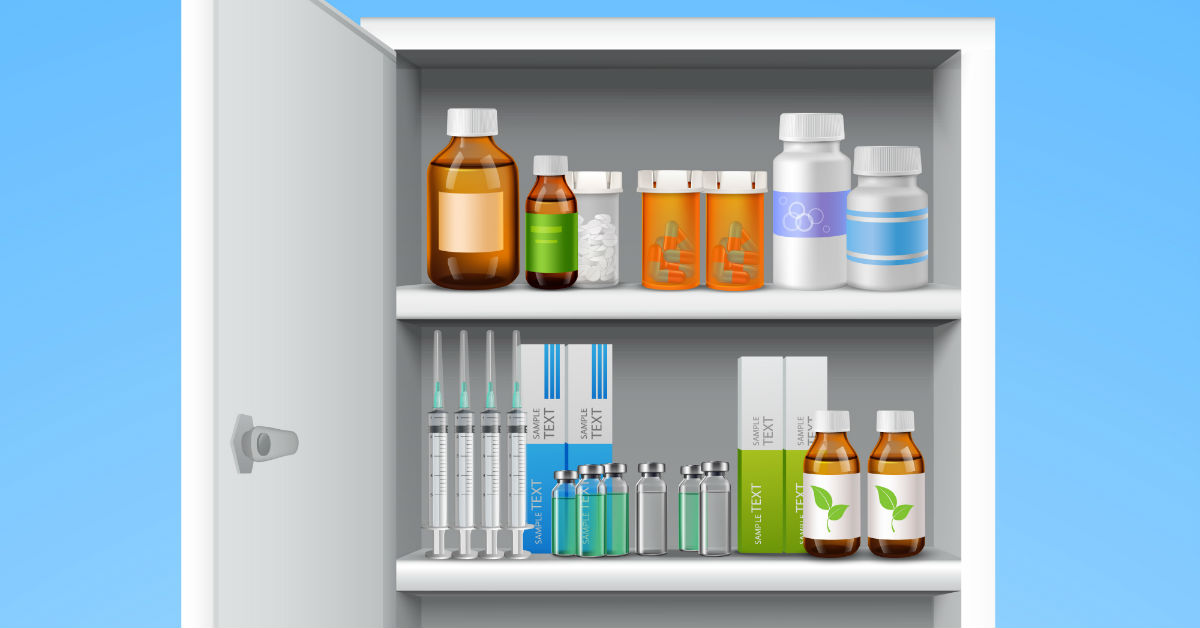
When it comes to prescription drugs, you need to be fully informed as ignorance is definitely not bliss. As a parent, you want to avoid potential health hazards so that you can protect you and your teen. Avoid these misconceptions to keep your prescription use safe and effective.
1. Doctors prescribe prescription drugs so they must be safer than illegal drugs.
Studies repeatedly indicate that teens and young people of college age believe that prescriptions are safer than illicit street drugs. After all, they have the Food and Drug Administration’s stamp of approval, and they have probably observed family members use them without incident. But prescription drugs can be as potent as heroin when abused. For example, just 1 2/3 morphine pills provide a high equivalent to 10 mg. of heroin in a low-tolerance user.
2. My doctor wouldn’t write me a prescription that I don’t need.
Only some — not all — conditions require a prescription. You don’t have to passively accept a treatment plan that doesn’t feel right to you. The best doctors do not immediately write a prescription; they start with obvious pillars of health like exercise, sleep and diet. Beware of any tendency you might have to seek out doctors who dish out pills too quickly.
3. Sharing prescription pills with others won’t harm you.
You don’t want to fall into this trap. Only a doctor can legally prescribe medication, and sharing meds almost always has negative consequences. By taking someone else’s medication, you are assuming you know how to diagnose your condition and taking your treatment into your own hands — not a great idea if you don’t have a medical license.
In addition, you might not respond to the medication, or worse yet, suffer an allergic reaction to it. If you take someone else’s medication and encounter these problems, you have only hurt yourself. If you are taking other medications, the drugs could negatively interact with each other. If you share your pills with a friend and they suffer ill consequences as a result, you will be partly responsible.
4. Misusing prescription drugs occasionally is not a problem.
Because of the misconception that medications are safer than illegal drugs, teens might experiment with them for non-medicinal reasons. But as already discussed, prescriptions can be just as powerful as street drugs. Most addictions start during youth, so occasional use to manage stress or pull an all-nighter can easily lead to abuse. Research shows that students who take prescription drugs for non-medical reasons are at least five times more likely to develop a drug abuse problem than those who don’t.
5. If you’re using painkillers for legitimate reasons, you can’t get addicted.
You can become addicted regardless of why you started using painkillers. Many people who end up with a drug problem started taking them for pain but at some point, lost control and couldn’t stop. Painkillers don’t usually eliminate all of the pain, but the goal is to make the pain manageable.


Leave a Reply